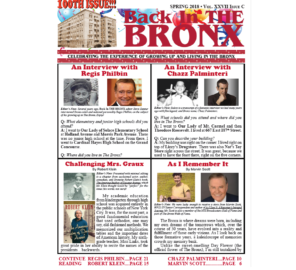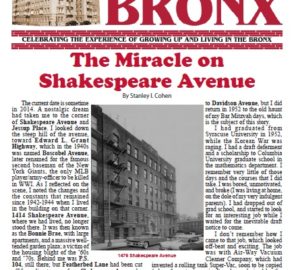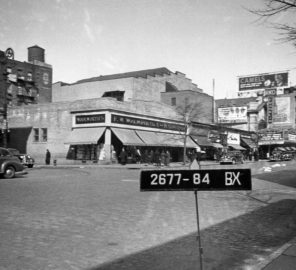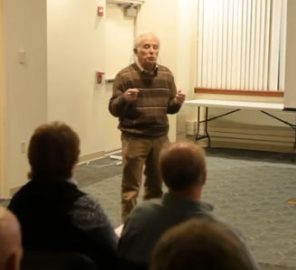THE BRONX: THE WAY IT WAS IS COMING TO A VENUE NEAR YOU!
Steve Samtur, editor and publisher of Back In THE BRONX magazine for 24 years and author of three books on The Bronx, is coming to a venue near YOU with his 90-minute PowerPoint presentation, consisting of over 450 vintage photos, vintage videos, and dozens of Bronx celebrity interviews (Regis Philbin, Chazz Palminteri, Robert Klein, Rita Moreno, and many more)!Engage your community Connect to news, events and information you care about.
Sign up for our Bronx email list.
Contact Information
Email: info@backinthebronx.com
Mailing Address:
Back In THE BRONX
Box 141
Scarsdale, NY 10583
Phone: 914-592-1647
Fax: 914-725-2620
Contact: Steve Samtur
Editor-Publisher
About Back in THE BRONX
Back In THE BRONX is about growing up in a moment in history that was so unique, only those that experienced it could possibly understand what those days were like. Back in THE BRONX magazine is designed to rekindle a very special brand of happy memories for you to enjoy.
The Fine Print
We take the following credit cards:
![]()
Copyright 2025, Back In THE BRONX







